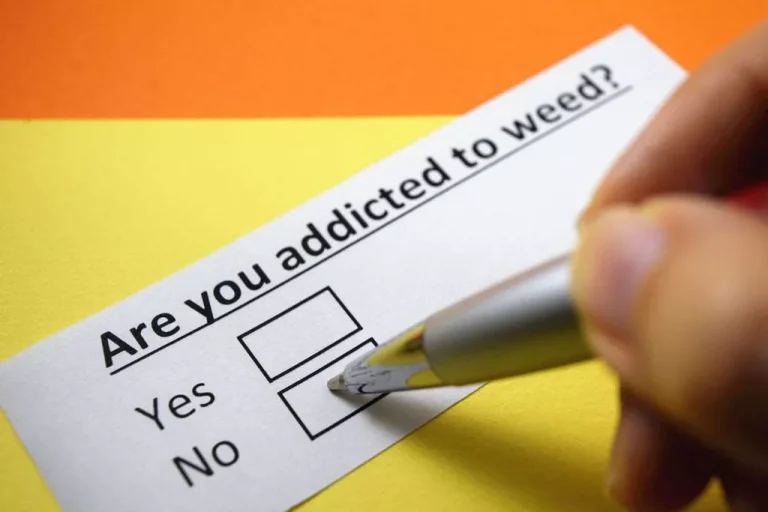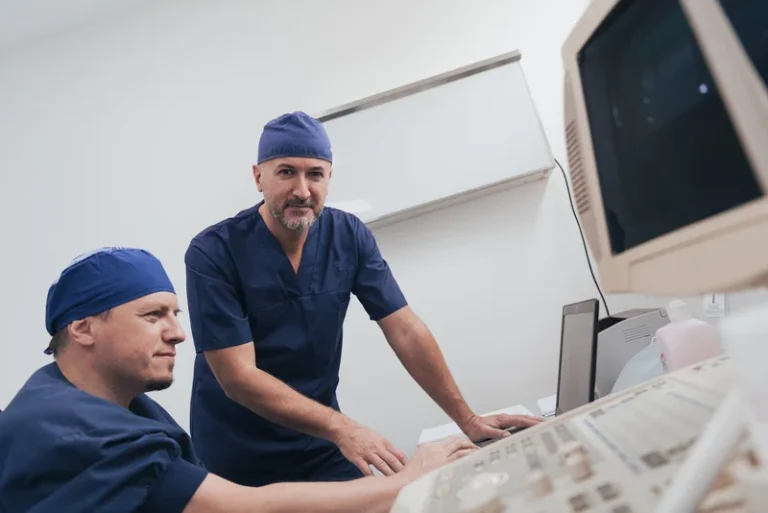
Put another way, the endocannabinoid system keeps us in balance by directing the communication traffic in our bodies. Cannabinoids such as CBD interact with this system, mimicking natural compounds (called endocannabinoids) produced by the body. A 2017 https://ecosoberhouse.com/ study reported that only 31% of CBD products sold online were correctly labeled. Most had less CBD in them than was advertised, and 21% had significant amounts of THC. There’s no guarantee that a product is what it claims to be on its packaging.
What are the uses of CBDA?
Research shows that CBD appears to have various medicinal properties. Now some proponents are touting CBD’s potential to ease symptoms of COPD, or chronic obstructive pulmonary disease, a condition that affects your airways, making it hard to breathe normally. As research into cannabis- and hemp-derived CBD expands, doctors and healthcare providers will have a better understanding of how CBD works and who might benefit most from it. Some people with a history of epilepsy may find relief from seizures when using CBD.
What Experts Say About CBD

None of the authors are involved in the care of patients or in treatment decisions. The authors acted independently, and Santé Cannabis had no role in the analysis of the study, nor the writing of the manuscript or decision to publish. There is no financial gain for Santé Cannabis or for the authors to publish. The authors, while connected to Santé Cannabis, do not have a financial or professional incentive for the decision to publish. Cannabis is a plant, and there are two main types, Cannabis Indica and Cannabis Sativa.
Other conditions

“It’s crucial to start with low doses and monitor individual responses,” adds Dr. Varanasi. Sign up for free and stay up to date on research advancements, health tips, current health topics, and expertise on managing health. Though it’s often well-tolerated, CBD can cause side effects, such as dry mouth, diarrhea, reduced appetite, drowsiness and fatigue. CBD can also interact with other medications you’re taking, such as blood thinners.
This is a retrospective, observational study which took place at Santé Cannabis; therefore, the design and conduct of the study was executed by Santé Cannabis is cannabidiol addictive clinic staff. Had a supporting role, in the retrospective protocol development. The authors had no role in the conduct of the study and collection of data.
Is CBD the same as cannabis?
- The relationship between CBD and sleep isn’t well understood yet.
- Collection of detailed, accurate product information is a challenge, especially with inhaled products (Corroon et al. 2020).
- “We saw no evidence of a safety issue that would limit future studies,” the researchers added.
- We use only trustworthy sources, including peer-reviewed studies, board-certified medical experts, patients with lived experience, and information from top institutions.
- A 2020 literature review on CBD and mood disorders found that multiple studies suggest CBD has properties that may help reduce symptoms of depression, anxiety, and even psychosis.
- Products with significant amounts of THC may worsen symptoms of psychosis, schizophrenia, and paranoia.
- This neurotransmitter system spreads throughout the brain, organs, connective tissues, glands and immune cells, she explains.
With that caveat in mind, here’s what we understand about CBD’s potential therapeutic applications. In the human body, CBD influences cannabinoid receptor activity and encourages production of the body’s natural endocannabinoids. Interestingly, CBD also affects activity beyond the endocannabinoid system and can also interact with opioid, dopamine, and serotonin receptors. The ability of CBD to interact with so many different systems throughout the body suggests it has the potential to open new frontiers in psychiatry and medicine.

This study was well-designed but very small; only 37 people were studied. CBD might help treat anxiety disorders, although there have not been many trials to look at CBD’s anxiety-relieving effects in humans. “I have no objections to the use of cannabinoids,” says Martin, who doesn’t think they’ll help, but probably won’t hurt — if you use the right products. “As a lung physician, I cannot recommend that you smoke cannabis to get your CBD,” he says. That includes inhaling cannabis or CBD oil with a vaping device, which he worries could be harmful to the lungs. Doctors don’t know if CBD can relieve symptoms of COPD or any other form of lung disease. “There’s not any research that says CBD is effective for COPD,” says April Hatch, a nurse at Cannabis Care Team in Kansas City, MO.
- CBD is being marketing as a bit of a cure-all, with manufacturers claiming it can do everything from relieving anxiety to stopping the spread of cancer.
- At this time, no over the counter CBD products are FDA approved or cleared, and there’s no nationwide standard for CBD products.
- There are no guidelines for CBD products or a “correct” dose of CBD oil.
- Our results are largely novel as research on the effect of CBD on pain control is very limited (Boyaji et al. 2020).
- CBD topicals are products you can spread on the skin for localized relief of pain, inflammation, soreness, and potentially headaches.
- CBD might help treat anxiety disorders, although there have not been many trials to look at CBD’s anxiety-relieving effects in humans.
- This regulatory status imparts restrictions and access obstacles for researchers.
- CBD is also found in many foods and drinks in the U.S., so if you plan to consume these, discuss your total daily dose with your healthcare provider.
On the other hand, the NCCIH does not single out CBD oil as an effective form of delivery for these conditions. The studies also included sprays, capsules, and other medications. Because the FDA currently does not regulate CBD, there are no specific recommended doses.

A 2020 review article discusses adding CBD to chemotherapy drugs to improve the immune system’s response to cancer treatment. The researchers pointed out that CBD has low levels of toxicity. They called for more research into how CBD could support standard cancer treatments.
- When CB1 receptors are activated, humans generally experience feelings of euphoria—or, for some, anxiety and paranoia.
- The specific side effects and their severity vary from one person to the next and from one type of CBD to another.
- Delta-9-tetrahydrocannabinol, or THC, is probably the best-known cannabis chemical compound thanks to its psychoactive properties — but CBD is quickly gaining ground due to its potential therapeutic benefits.
- Your health and wellness is unique to you, and the products and services we review may not be right for your circumstances.
Losartan (Cozaar) interacts with CANNABIDIOL (CBD)
During chemotherapy, the body can release an excessive amount of serotonin, which can cause nausea. However, in some animal studies, CBDA can reduce feelings of nausea via its interaction with serotonin receptors. CBDA and CBD can work together, and when this happens, researchers call it an entourage effect. An entourage effect occurs when the inactive parts of the cannabis plant help enhance the effect of the more active parts. Cannabis plants naturally produce cannabidiolic acid (CBDA), which is a precursor to cannabidiol (CBD). After heat exposure, the CBD present in the raw cannabis plant converts to CBDA.

Comment (0)